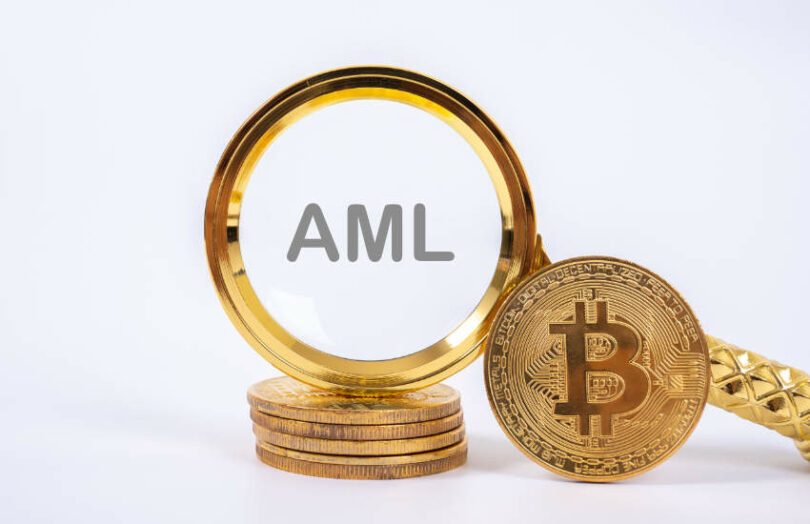The European Banking Authority has opened a consultation on amending due diligence guidelines for anti money laundering (AML) processes. It means transactions with self hosted wallets will be considered risky.
In March, the EU Parliament voted in favor of four pieces of AML legislation imposing the same due diligence requirements on crypto-asset service providers (CASPs) that apply to credit and financial institutions.
The latest guideline proposals include various additions, but two stand out. The less surprising one is that transactions involving mixers or some kind of privacy or encryption are considered risky. While there tends to be a lack of recognition that only some people that like privacy are dodgy, AML has bulldozed the right to privacy in every other financial sphere.
What is more controversial is the guideline treats self hosted wallets as risky. So if one side of a transaction is with a self hosted wallet, the crypto exchange has to perform enhanced due diligence (EDD).
For example, if you make a transfer to your new crypto exchange from a bank account, you likely only need to provide your identity documents. If the money comes from a self hosted wallet, enhanced due diligence includes all the highly invasive AML procedures. You will be required to prove the source of the money, the source of your wealth, what you do for a living and the purpose of the transaction.
EDD also applies to anyone who frequently does cross border transactions. It’s extremely unpleasant and gives the impression that you have no control over your own money. And a sense of control is precisely one of the reasons why some people choose self hosted wallets.
It’s also unclear whether legislators had this in mind. The MiCA crypto legislation had an AML companion that imposed the travel rule on crypto transactions. This requires details of the sender and beneficiary to be passed along with the transaction. Unusually, there are no financial limits, so these details are required for a one cent transaction. However, where a self-hosted wallet is on one end of the transaction, the travel rule only applies to transactions above €1,000. It does not apply to P2P transactions, although that’s likely because it’s not practical.
The higher threshold gives the impression that the legislators appreciate that there are other factors at play with self hosted wallets, such as personal control.
Some in the banking industry believe allowing pseudonymous self-hosted wallets is inconsistent with the general movement to outlaw anything anonymous or pseudonymous.






